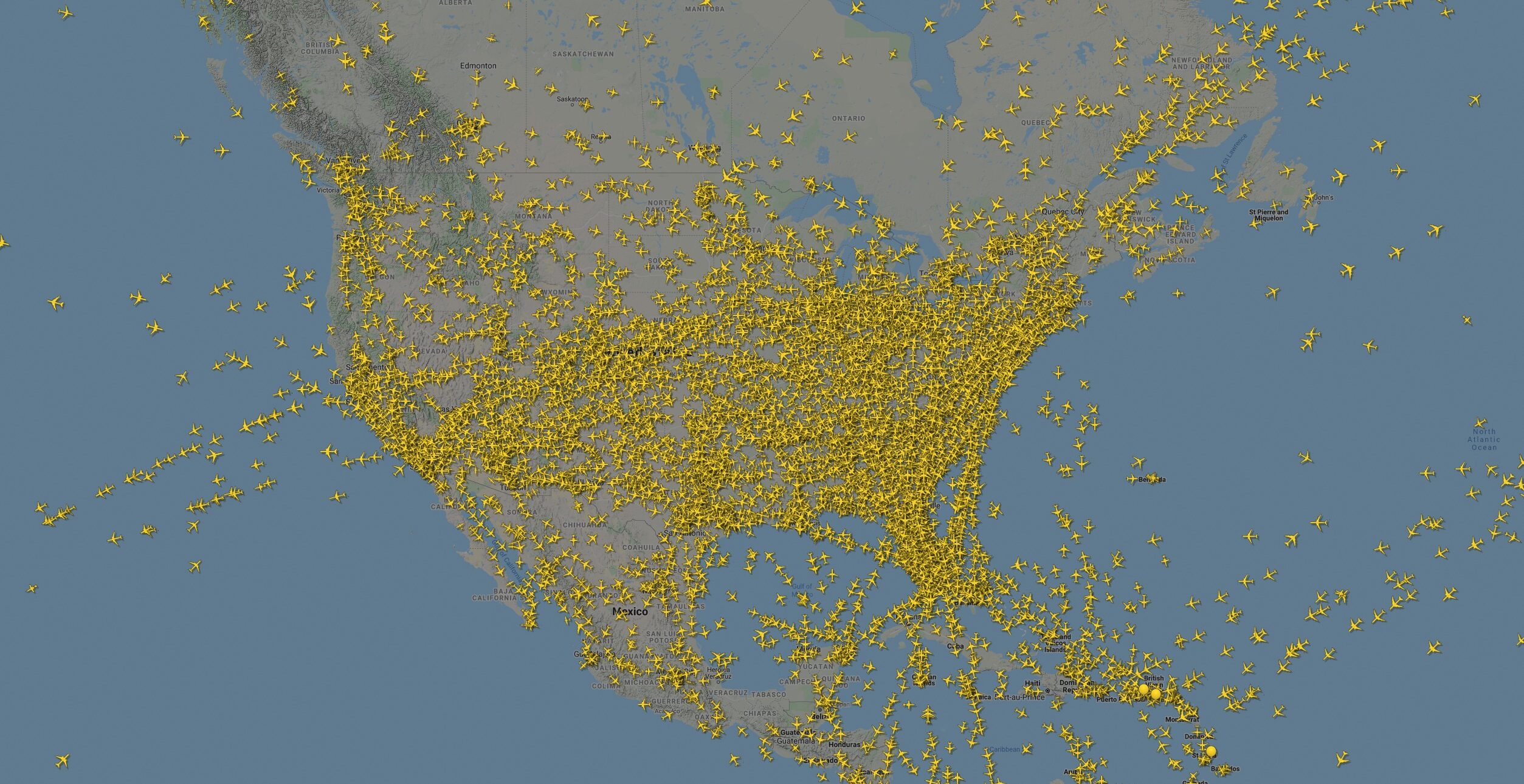Workforce stresses continue despite federal investment and hiring plans
The recent allocation of $12.5 billion to modernize air traffic control systems in the United States has sparked mixed reactions. While some welcome the updates, many air traffic controllers argue that the plan fails to address long-standing concerns related to staffing, work conditions, and compensation.
Staffing shortages and intense schedules
Controllers report that outdated technology is not the core issue. Mandatory overtime, rotating shifts, and extended workweeks contribute to fatigue and low morale. Over 40% of certified controllers are currently working six-day weeks with 10-hour shifts, straining both performance and well-being.
The shortage traces back to 1981, following a mass firing after a strike. Since then, efforts to train and hire sufficient staff have fallen short. The Federal Aviation Administration currently operates with over 3,000 fewer certified controllers than needed.
Modernization moves forward, but pay concerns remain
While financial bonuses are offered to recent graduates and retiring staff to improve retention, many full-time controllers have not seen substantial raises since 2016. The current contract has been extended twice, with no renegotiation expected until at least 2029.
Although the modernization initiative aims to improve safety and efficiency, some workers feel sidelined. They point out that without addressing core labor issues, including time-off policies and fair compensation, the sustainability of the air traffic system remains at risk.
The path forward includes balancing technological innovation with comprehensive support for the workforce maintaining the safety of U.S. skies.



